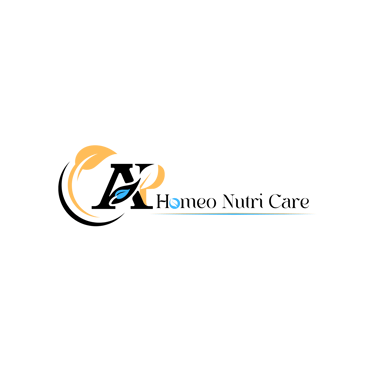The Daily Eat Well Guide: Managing Nutrition and Minerals Effectively
3/31/20251 min read


Introduction to Daily Nutrition
Adopting a balanced diet is essential for maintaining optimal health and well-being. The Daily Eat Well Guide serves as a comprehensive framework to help individuals make informed choices about their daily nutrition. By focusing on the intake of essential minerals and nutrients, one can effectively manage their dietary habits and enhance overall health.
Understanding Essential Nutrients
To effectively manage daily nutrition, it's crucial to understand the role of essential nutrients. Nutrients can be categorized into macronutrients and micronutrients. Macronutrients, which include carbohydrates, proteins, and fats, provide the energy necessary for bodily functions. On the other hand, micronutrients, such as vitamins and minerals, are vital for various biochemical processes. Proper intake of these nutrients promotes optimal health, supports immune function, and helps prevent chronic diseases.
Practical Tips for Daily Mineral Management
Here are some practical tips to help manage your daily nutrition and ensure adequate mineral intake:
Incorporate a Variety of Foods: Eating a diverse range of fruits, vegetables, whole grains, lean proteins, and healthy fats can help provide a broad spectrum of essential nutrients.
Understand Serving Sizes: Being aware of standard serving sizes can aid in portion control and nutrient balance. Utilize resources such as nutrition labels to assist in making informed choices.
Stay Hydrated: Water is crucial for nutrient absorption. Aim for at least eight glasses of water daily, and consider hydration when consuming alcohol or during physical activities.
Mindfulness in Eating: Practicing mindfulness while eating can enhance the eating experience, promote satisfaction, and help individuals recognize hunger and fullness cues effectively.
Supplement Wisely: If dietary restrictions limit your nutrient intake, consider supplements, but only after consulting with a healthcare professional to avoid potential toxicity.
Implementing these strategies from the Daily Eat Well Guide into your routine can lead to improved nutrient management. Creating a balanced meal plan, ensuring a variety of foods on your plate, and maintaining hydration will collectively support your health and wellness journey. Remember, achieving optimal nutrition is a gradual process; make small adjustments consistently for lasting change.
Wellness
Empowering you through nutrition and homeopathy.
Health
Care
contact@aphomeonutricare.com
+44 7399337889
© 2025. All rights reserved.
